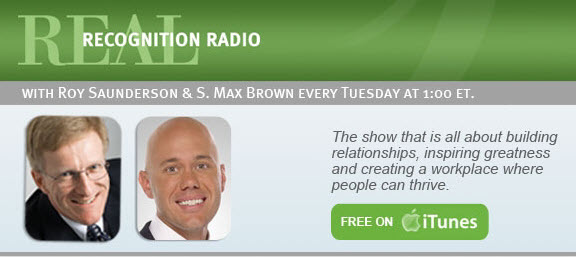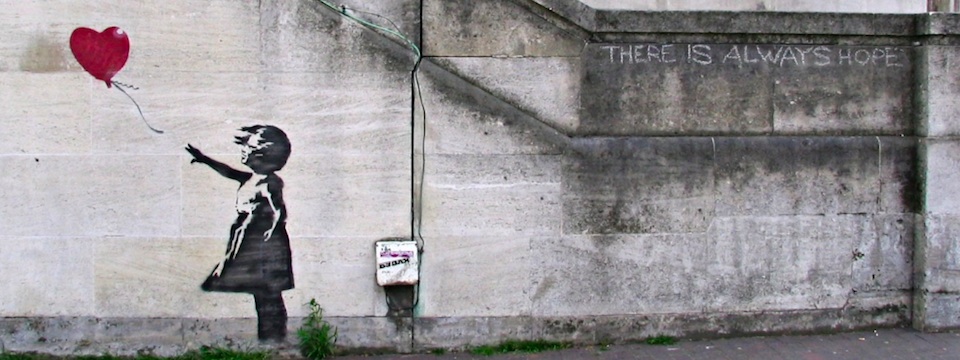For all of you who are tired of reading (or just want something different!), this week I’m pleased to share with you an interview that was taped a few months back with the tremendously cool guys at Rideau’s Real Recognition Radio show. It airs live today! (Note: if you’re viewing this on 1/22/13 and missed the live broadcast, the recording will be available in 24-48 hours here or on iTunes here.)
Since the book’s release, I’ve done a decent number of interviews about it (and I’m looking to do a few more this year, too — if you have an idea, please click here to send me a message). Through this process I’ve realized something very important about interviews: while it is very important for the interviewee to be prepared and know their subject well, it is JUST as important for the interviewER to be on their game. It makes an ENORMOUS difference in the quality of the conversation.
Roy and Max were without question two of the best interviewers I’ve experienced thus far. Their preparedness and the depth of their questions was nothing short of phenomenal. In fact, here’s a few of the great questions they sent me to prep (many of which you’ll hear us discuss in our conversation):
- Josh, I’m intrigued by the title of your book: Igniting the Invisible Tribe: Designing An Organization That Doesn’t Suck. Can you tell us why you wrote this book?
- I really like your style of writing and the way the book is organized: New Answers; New World; New Problems; New Rules; and New Tools. Let’s start with “New Answers,” do you think this is a generational shift for workplaces that don’t suck, or is it bigger than that?
- You write: “Somewhere out there, there is an invisible tribe that wants to help you.” Who are these folks and how does one ignite the invisible tribe?
- To quote from the book you write: “The environment we create around ourselves is the tangible expression of our values. We are continually reinforcing the things that truly matter to us, and disregarding the rest.” You suggest we should focus more on building environments than focusing on culture, why?
- In the chapter “Drawing Better Lines” you suggest there is a better way to measure outcomes / performance. What should we be measuring?
I hope you enjoy!
The interview is LIVE NOW, so click the banner below to check it out on the web, or on iTunes here.
//


